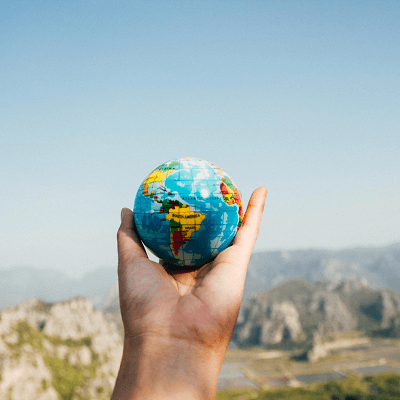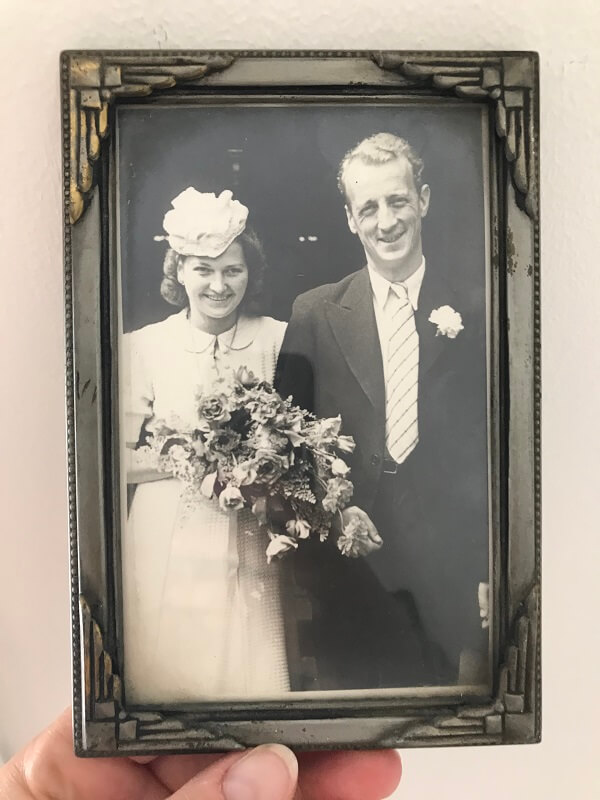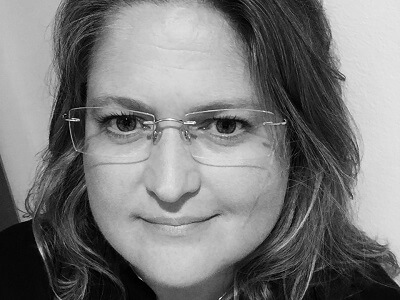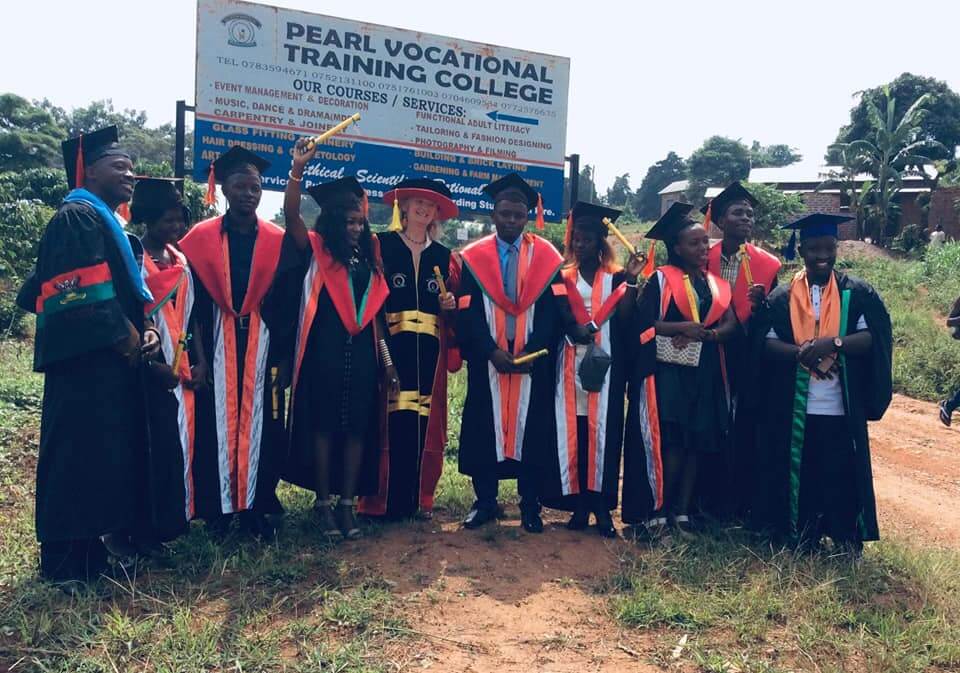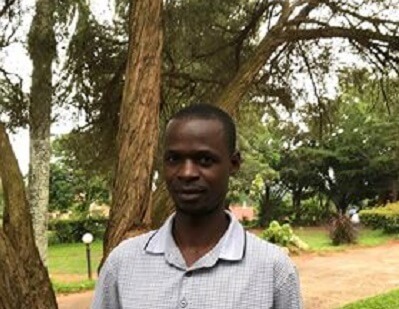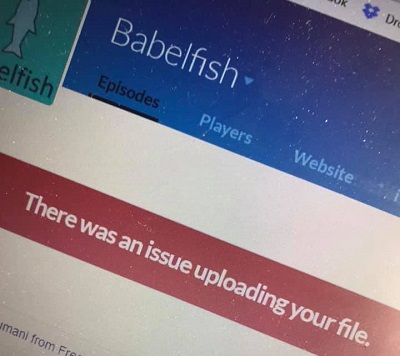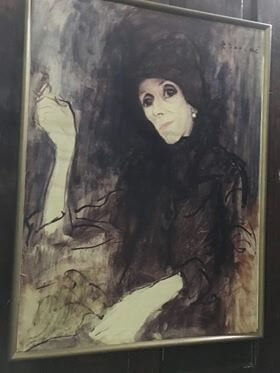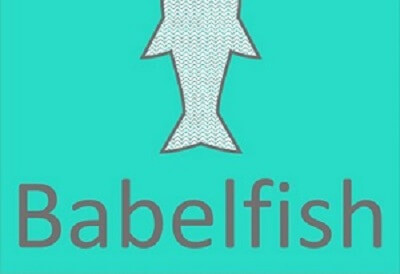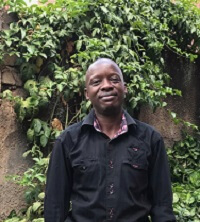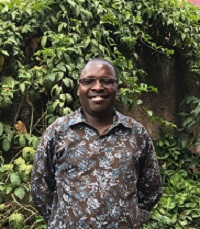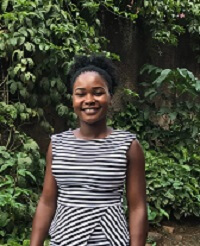Man møder et menneske
2019-11-15 | Babelfish, Indien, Japan, Kenya, Kina, Long read, Mongolia, Nepal, Transmongolske Jernbane, UK | No Comments
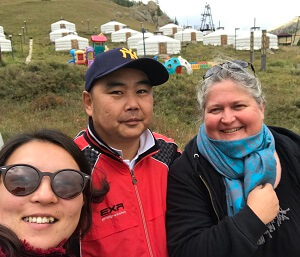
Starter ritualet. Nogle gange når vi kun igennem stadiet med høflighedsfraserne og basisinformationerne: navn, hvor man kommer fra og hvor man bor.
Alle steder i verden hvor mennesker mødes er der dette faste ritual med udveksling af informationer. Der er forskellige variationer over temaet. Nogle gange giver man hånd, andre gange lægger man hånden på hjertet og bukker let – andre steder samler man hænderne foran brystet og siger Namaste. Uanset variation handler det altid om at være imødekommende, nysgerrig og vise respekt.
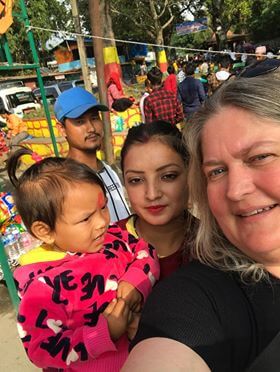
Næste fase er udveksling af mere detaljerede informationer – uanset om du sidder til middagsselskab i Danmark eller tager toget fra Moskva til Beijing. Uanset om du møder andre turister eller besøger lokale indbyggere. Det er altid de samme spørgsmål der bliver stillet. Hvad er dit arbejde? Er du gift? Har du børn? Hvor gammel er du? Hvor kommer du fra? Hvor skal du hen?
Når man rejser – især langt væk – tilføjes yderligere spørgsmål om ens kulturelle baggrund og land: Hvor stort er Danmark, antal indbyggere, religion, kultur, hvorfor er vi så rige, hvordan kan det være at vi er verdens lykkeligste land, er højreekstremisterne også på fremmarch hos jer. Samtalen kan føre mange steder hen, og nogle gange fører det til længerevarende filosofiske eller politiske diskussioner.
Der er forskel på om dem man møder er andre rejsende eller om det er lokale.
Som rejsende udenfor de sædvanlige turistdestinationer er der en tendens til, at vi skaber et sammenhold – vores eget lille fællesskab. På togturen fra Moskva til Beijing mødte jeg flere af de samme mennesker undervejs. Man nikker venligt og anerkender at man har genkendt dem – ikke at man behøver at tale med hinanden, men vi ved at de andre er der.
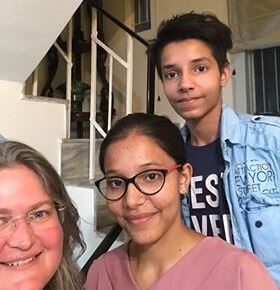
2 unge humanister der var rejst 6 timer sammen med deres far for at hilse på mig
Genkendelsesnikket bruges fordi vi alle har en del af de samme oplevelser og ikke mindst udfordringer. Nogle gange falder man i snak, som når internettet i praksis er umuligt at bruge i Beijing vi brokker os i fælleskab – Nancy & jeg. Hun viser sig at være fra Minneapolis – Prince’s fødeby og på min bucket list (ja jeg har været fan siden jeg var ganske ung 😉). Jeg får hendes e-mail og lover at kontakte hende, når jeg en dag kommer for at besøge Paisley Park.
Mange udveksler e-mails m.m., men de færreste bruger dem. Det er en del af ritualet at udveksle kontaktinformationer, hvis man har tilbragt mere end 2 dage i hinandens selskab. Det er ikke helt almindelige turister der vælger at tage den transsibiriske jernbane. Jeg møder en gruppe af svensktalende finske kvinder, som alle er over halvfjerds (det vil jeg også når jeg når den alder 😊). Der er det unge tyske par jeg delte kupe med en enkelt nat, som vil rejse verden rundt i 1 år (det nåede jeg aldrig selv da jeg var ung).
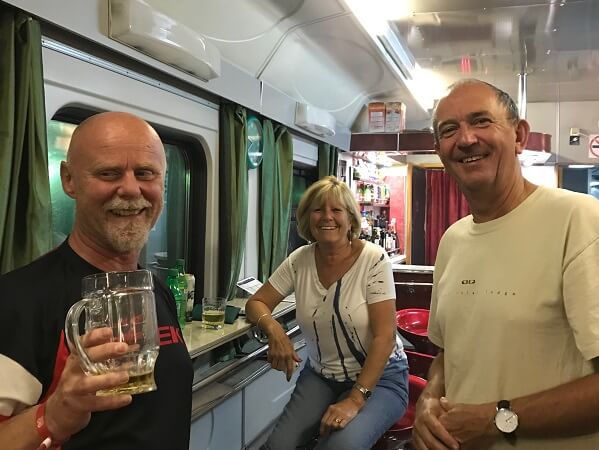
vores egen lille pub
John og Janet fra London har rejst i hele verden i mange år – de tager den samme rute mellem Moskva og Beijing, men forlænger med ekstra dage i Gobi ørkenen i Mongoliet. Tony fra London har solgt alt ligesom mig og rejser verden rundt i mindst 1 år. Vi nåede at etablere vores helt eget aftenritual og omdannede restaurantvognen til en britisk pub inden vores veje skiltes igen.
Vi mødes alle sammen i korte øjeblikke hvor vi udveksler rejseerfaringer og livserfaringer – ikke så meget livshistorier, for de synes ikke helt så vigtige der midt ude i ingenting. Hvad man arbejder med, er ligegyldigt – i stedet snakker vi om vores erfaringer og overraskende nok tit og ofte storpolitik.
Man kan ikke undgå at tale Brexit med enhver brite på vejen – alle jeg har mødt udenfor Europa er imod Brexit. Der er på en eller anden måde sammenhæng mellem dem, der rejser for de særlige oplevelser og deres politiske holdninger. Jeg har endnu til gode at møde en Trump tilhænger på mine rejser – amerikanerne jeg møder er nærmest flove over at være amerikanere.
På den guidede tur gennem den forbudte by mødtes brasilianeren og amerikaneren og jeg og snakkede om, hvad det dog var der foregik i deres lande. På den guidede tur til den kinesiske mur udvekslede israelerne og italienerne erfaringer om hver deres politiske cirkus.

Og så er der de lokale man møder undervejs. Min rejse er en kombination af turistture og besøge lokale kontakter. Det er ikke så ofte at man kommer tæt på guiderne og chaufførerne, men der er undtagelse – fx min guide i Mongoliet (beskrevet i tidligere blog indlæg). Det møde gjorde et stort indtryk på mig.
I de fleste af de lande jeg har rejst i har jeg mødtes med humanister og andre ikke-troende for at snakke med dem om deres livshistorier til min podcast Babelfish. Det er de færreste jeg kendte på forhånd, men alle sammen har taget imod mig med åbne arme. Nogle steder har de endda inviteret mig hjem og bo hos dem selv, som da jeg boede hos Harrison i Nairobi, Kenya. Lige nu har jeg boet 3 dage hos Narendra og hans kone Asha i Mangalore, Indien.
Uanset hvor jeg har været har de arrangeret middage eller sammenkomster, så jeg har kunne møde så mange som muligt. Det giver et helt andet indblik i det enkelte land, fordi man får andre historie end dem, der fremstilles i medierne. Igennem det sidste år har jeg interviewet mere end 60 mennesker og mødt mindst lige så mange, hvis historier jeg ikke har dokumenteret.

Endelig er der de semi-lokale, som enten er migreret til landet eller besøger det ofte. I Tokyo mødte jeg amerikanske Robert, der har boet i Japan i mange år. I Pokhara mødte jeg danske Peter, der har besøgt Nepal gennem de sidste 20 år. De semi-lokale kan nogle gange give en mere objektiv og nuanceret beskrivelse af kulturen i landet.
Jeg har mødt hundredvis af mennesker på mine rejser – alle med hver deres unikke historie og indblik i deres del af verden. Det er kun en dråbe i havet set i forhold til de milliarder af mennesker, som vi er på jorden. Men det er en kæmpe oplevelse hver gang man møder et nyt menneske.
